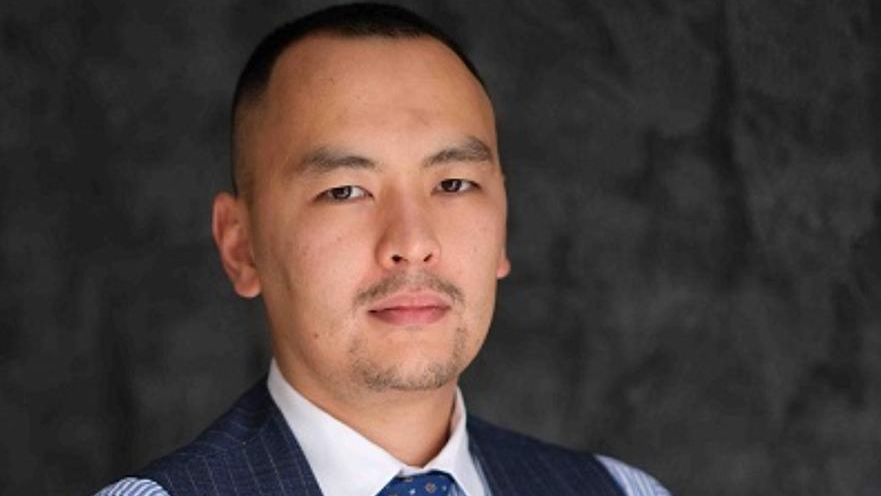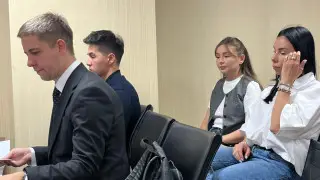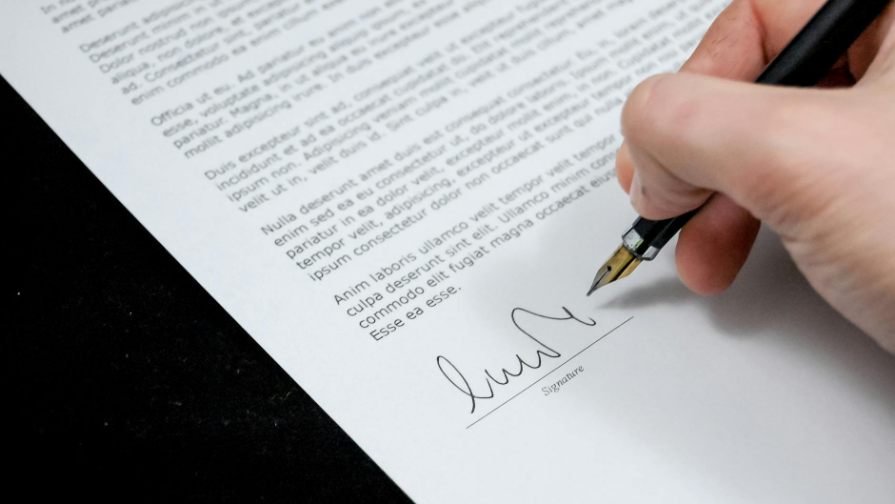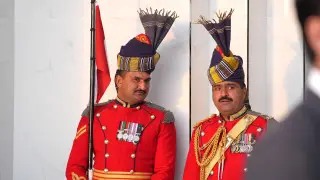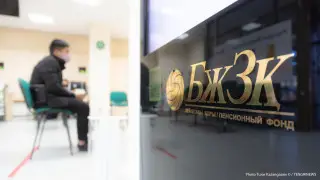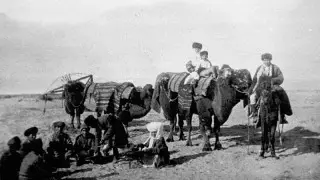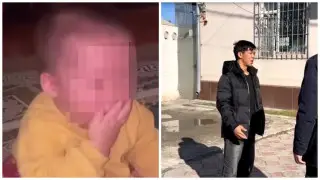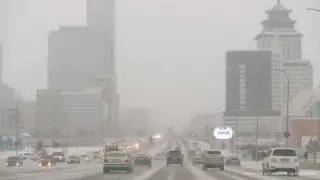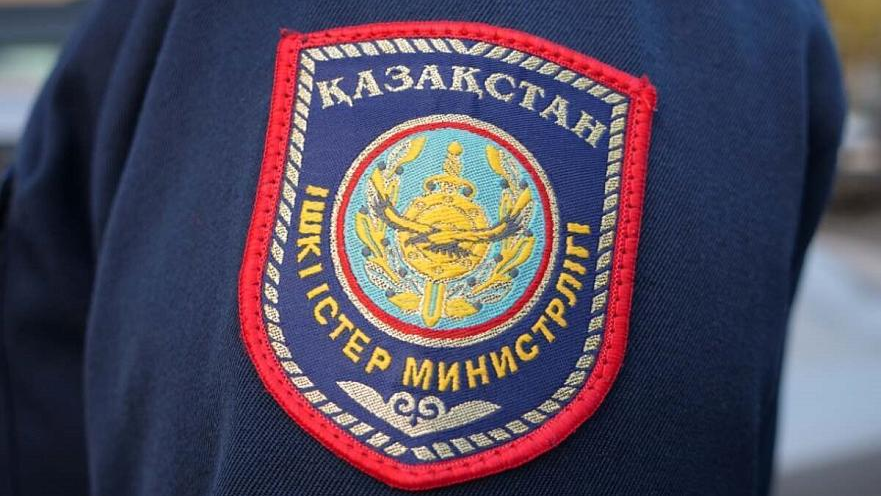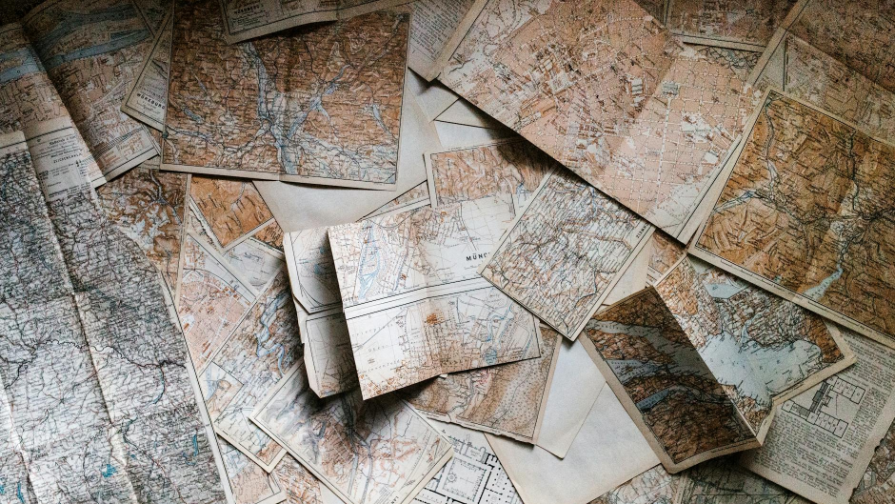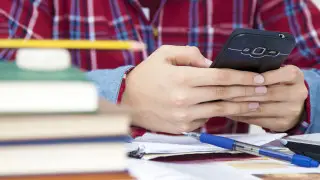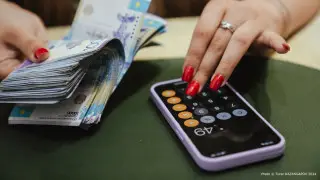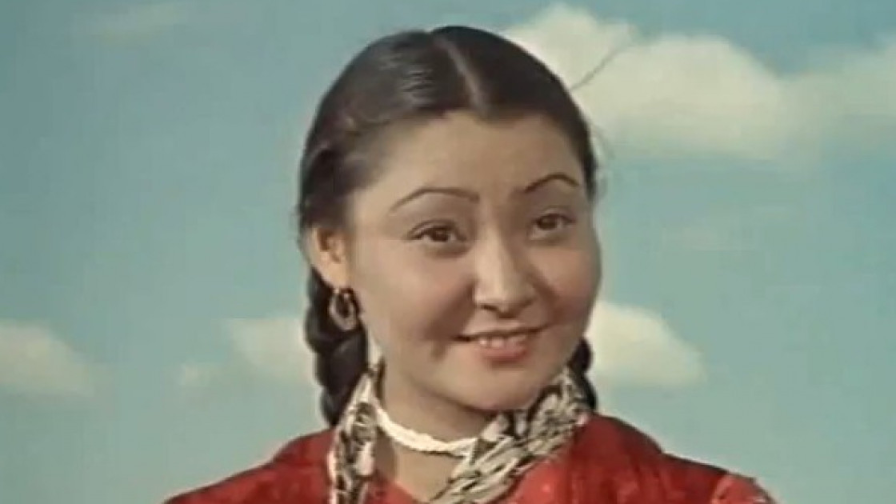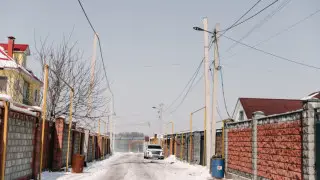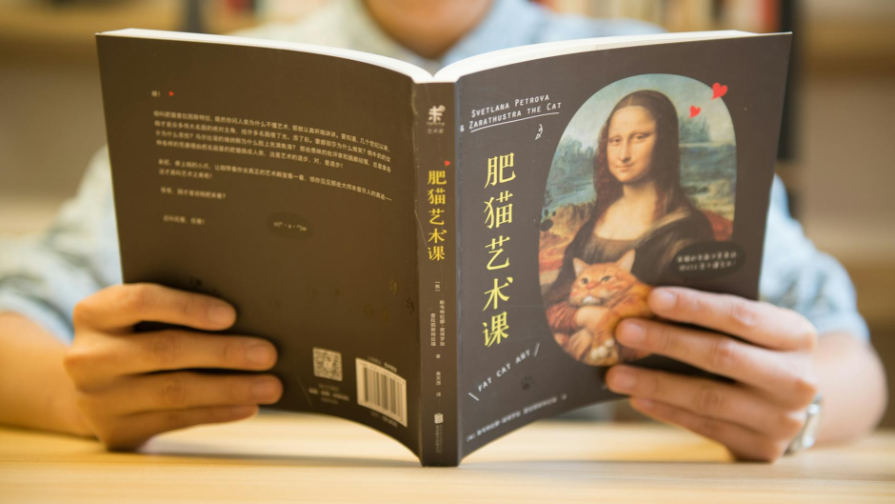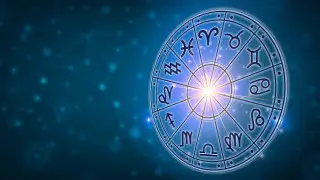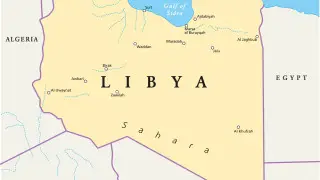Reflexive pronouns (Ózdik esimdikteri)
Qaraǵandy oblysy, Qarajal qalasy,
№ 10 jalpy bilim beretin orta mektebi
aǵylshyn tili pániniń muǵalimi Shaıhına A. K.
The theme: Ózdik esimdikteri. (Reflexive pronouns)
The aims: a) educational: to explain the forming of the reflexive pronouns; to give some information about the popular sports and games in Britain. b) developing: to develop pupils’ skills of reading, tidy writing, listening and speaking, their mental abilities.
c) cultural: to bring up pupils to respect each other, to be tidy, polite, responsible, to lead a healthy life.
The type of the lesson: mixed lesson
The kind of the lesson: mastering new material
Teaching methods: explaining, listening, reading, comparing, speaking.
Visual aid: an active board
The procedure of the lesson
I. Organization moment
a) greeting
T: Good morning, pupils!
P: Good morning, teacher!
b) warm - up activity
The activity “Find the odd out”
1. Scotland, Wales, England, Canada, Northern Ireland.
2. football,, sailing basketball, hockey, golf.
3. jumping, boxing, rowing, tennis, boating.
c) asking the date
T: What date is it today?
P: The 20th of October7
d) checking up the attendance
T: Who is on duty today?
P: I am on duty today.
T: Who is absent?
P: All are present.
II. Checking up the homework
- What was your home task for today’s lesson?
- Ex. 7, page 81. Write a recipe card for the “ Stone soup”
İİİ. Presentation of the new lesson
a) Explanation of the new grammar
Reflexive pronouns (Ózdik esimdikter)
Ózdik esimdigine ártúrli tulǵadaǵy óz degen bir sóz ǵana jatady. Aǵylshyn tilinde ózdik esimdikter táýeldik esimdikterge, batys septiginde turǵan jiktik esimdikterine jekeshe túrde (my, your, him, her, it) - self, kópshe túrde (our, your, them)– selves elementteriniń jalǵanýy arqyly jasalady:
▪ Jekeshe túr
myself - ózim
yourself - óziń
himself - ol ózi ulǵa
herself ol ózi qyzǵa
itself – ol ózi zatqa
I saw it myself. – Men muny ózim kórdim.
Do it yourself! – Muny óziń jasa!
▪ Kópshe túr
ourselves - ózimiz
yourselves - ózderińiz
themselves – ózderi
Do it yourselves! – Muny ózderiń jasańdar!
IV. Level tasks
The first level. Task 1. The activity is called “Segmented sentences”. You must find the right order of the words and make up correct sentences.
1. myself/ angry/ I/ with/am – I am angry with myself
2. in/ looked/ Sue/ herself/ at/ mirror/ the. – Sue looked at herself in the mirror.
3. did/ his/ Tom/ himself/ homework. – Tom did his homework himself
4. and/ Julian/ laughed/ themselves/ Kate/ at. – Julian and Kate laughed at themselves.
5. cut/ yourself/ don’t/! – Don’t cut yourselves
6. children/ wash up/ always /the – The children always wash up themselves
7. Sam/Bob/ but/ small/ are/ and/ always/ they/ to/ write/ their/ letters/ themselves/ grandparents — Sam and Bob are small but they always write letters to their grandparents themselves.
The second level. Task 2. Complete the sentences using the reflexive pronouns.
1. Be careful. Don’t burn_________. (yourself)
2. Betty never thinks about other people, she only thinks about ________. (herself)
3. When we are alone we sometimes talk to __________. (ourselves)
4. He fell off his bike but didn’t hurt ____________. (himself)
5. Fred and Sam! When you ride your bikes, be careful and look after _________. (yourselves)
6. Liz always cooks__________. (herself)
7. Janet always cleans the carpet with the vacuum cleaner _____________. (herself)
The third level. Task 3. Make up sentences using the reflexive pronouns.
for example: I did it myself. Colin never turns on TV himself. etc.
V. Doing the tasks
Exercise – 1.
Ózdik esimdigin durys qoldanyńdar. (myself, yourself, herself, himself, itself, our selves, yourselves, themselves)
The little girl cleans her tooth …. every morning. 2. My brother likes to draw animals ….. 3. I do shopping … every day. 4. My old grandfather reads the book still …. 5. The farmers grow many vegetables in every spring time.….. 6. The driver must repair his car …. 7. You must clean your room …. because I am busy all day. 8. We usually make an apple cake …. 9. The little puppy feeds …. 10. Does she wash up dishes … in the kitchen? 11. My children often prepare the meal …. when I am not at home. 12. My grandfather reads …. a newspaper without any glass.
Exercise – 2. Kóp núkteniń ornyna ózdik esimdigin qoıyp sóılemderdi aýdaryńdar.
(myself, yourself, herself …..)
I usually knit my gloves and scarves …. 2 She could swim since her childhood ….. 3 My brother always repairs his things and his bike …. 4 We have built our modern house in this summer ….. 5 The pupil decorate the school hall with toys, lights or colored papers …. before New Year. 6 My little daughter likes to make her bed …. 7 The old woman was lucky when she didn’t hurt …. 8 Most of my friends have learnt to use computer …. in short time. 9 Our dog Rex has found our house …. and we all are happy. 10 Omar usually irons his shirt … when he hurries up.
VI. Conclusion.
Pupils estimate their neighbors and the teacher will put their final marks.
VII. Homework
To review and the reflexive pronouns
The lesson is over. Good bye.
№ 10 jalpy bilim beretin orta mektebi
aǵylshyn tili pániniń muǵalimi Shaıhına A. K.
The theme: Ózdik esimdikteri. (Reflexive pronouns)
The aims: a) educational: to explain the forming of the reflexive pronouns; to give some information about the popular sports and games in Britain. b) developing: to develop pupils’ skills of reading, tidy writing, listening and speaking, their mental abilities.
c) cultural: to bring up pupils to respect each other, to be tidy, polite, responsible, to lead a healthy life.
The type of the lesson: mixed lesson
The kind of the lesson: mastering new material
Teaching methods: explaining, listening, reading, comparing, speaking.
Visual aid: an active board
The procedure of the lesson
I. Organization moment
a) greeting
T: Good morning, pupils!
P: Good morning, teacher!
b) warm - up activity
The activity “Find the odd out”
1. Scotland, Wales, England, Canada, Northern Ireland.
2. football,, sailing basketball, hockey, golf.
3. jumping, boxing, rowing, tennis, boating.
c) asking the date
T: What date is it today?
P: The 20th of October7
d) checking up the attendance
T: Who is on duty today?
P: I am on duty today.
T: Who is absent?
P: All are present.
II. Checking up the homework
- What was your home task for today’s lesson?
- Ex. 7, page 81. Write a recipe card for the “ Stone soup”
İİİ. Presentation of the new lesson
a) Explanation of the new grammar
Reflexive pronouns (Ózdik esimdikter)
Ózdik esimdigine ártúrli tulǵadaǵy óz degen bir sóz ǵana jatady. Aǵylshyn tilinde ózdik esimdikter táýeldik esimdikterge, batys septiginde turǵan jiktik esimdikterine jekeshe túrde (my, your, him, her, it) - self, kópshe túrde (our, your, them)– selves elementteriniń jalǵanýy arqyly jasalady:
▪ Jekeshe túr
myself - ózim
yourself - óziń
himself - ol ózi ulǵa
herself ol ózi qyzǵa
itself – ol ózi zatqa
I saw it myself. – Men muny ózim kórdim.
Do it yourself! – Muny óziń jasa!
▪ Kópshe túr
ourselves - ózimiz
yourselves - ózderińiz
themselves – ózderi
Do it yourselves! – Muny ózderiń jasańdar!
IV. Level tasks
The first level. Task 1. The activity is called “Segmented sentences”. You must find the right order of the words and make up correct sentences.
1. myself/ angry/ I/ with/am – I am angry with myself
2. in/ looked/ Sue/ herself/ at/ mirror/ the. – Sue looked at herself in the mirror.
3. did/ his/ Tom/ himself/ homework. – Tom did his homework himself
4. and/ Julian/ laughed/ themselves/ Kate/ at. – Julian and Kate laughed at themselves.
5. cut/ yourself/ don’t/! – Don’t cut yourselves
6. children/ wash up/ always /the – The children always wash up themselves
7. Sam/Bob/ but/ small/ are/ and/ always/ they/ to/ write/ their/ letters/ themselves/ grandparents — Sam and Bob are small but they always write letters to their grandparents themselves.
The second level. Task 2. Complete the sentences using the reflexive pronouns.
1. Be careful. Don’t burn_________. (yourself)
2. Betty never thinks about other people, she only thinks about ________. (herself)
3. When we are alone we sometimes talk to __________. (ourselves)
4. He fell off his bike but didn’t hurt ____________. (himself)
5. Fred and Sam! When you ride your bikes, be careful and look after _________. (yourselves)
6. Liz always cooks__________. (herself)
7. Janet always cleans the carpet with the vacuum cleaner _____________. (herself)
The third level. Task 3. Make up sentences using the reflexive pronouns.
for example: I did it myself. Colin never turns on TV himself. etc.
V. Doing the tasks
Exercise – 1.
Ózdik esimdigin durys qoldanyńdar. (myself, yourself, herself, himself, itself, our selves, yourselves, themselves)
The little girl cleans her tooth …. every morning. 2. My brother likes to draw animals ….. 3. I do shopping … every day. 4. My old grandfather reads the book still …. 5. The farmers grow many vegetables in every spring time.….. 6. The driver must repair his car …. 7. You must clean your room …. because I am busy all day. 8. We usually make an apple cake …. 9. The little puppy feeds …. 10. Does she wash up dishes … in the kitchen? 11. My children often prepare the meal …. when I am not at home. 12. My grandfather reads …. a newspaper without any glass.
Exercise – 2. Kóp núkteniń ornyna ózdik esimdigin qoıyp sóılemderdi aýdaryńdar.
(myself, yourself, herself …..)
I usually knit my gloves and scarves …. 2 She could swim since her childhood ….. 3 My brother always repairs his things and his bike …. 4 We have built our modern house in this summer ….. 5 The pupil decorate the school hall with toys, lights or colored papers …. before New Year. 6 My little daughter likes to make her bed …. 7 The old woman was lucky when she didn’t hurt …. 8 Most of my friends have learnt to use computer …. in short time. 9 Our dog Rex has found our house …. and we all are happy. 10 Omar usually irons his shirt … when he hurries up.
VI. Conclusion.
Pupils estimate their neighbors and the teacher will put their final marks.
VII. Homework
To review and the reflexive pronouns
The lesson is over. Good bye.





